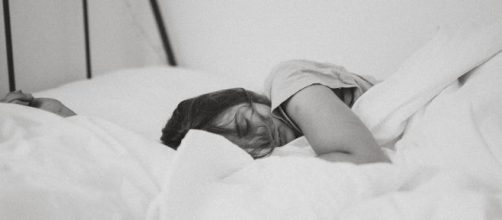As referred to in Part 1 “The light-dark cycle (…), social interactions, work schedules, and mealtimes are (...) extrinsic time cues that (...) contribute to regulating our sleep-wake cycles”. So what lifestyle factors are included in these extrinsic cues? The main lifestyle factors known to have an effect on rest are caffeine, nicotine, alcohol, diet and exercise. These are primarily stimulants to the central nervous system and liable to promote wakefulness or to interrupt sleep. Even alcohol, which initially acts as a CNS depressant, causes wakefulness during the night as its effects wear off.
These factors are then largely endogenous. Bedroom factors, by comparison, are mainly exogenous; to do with how comfortable the bed is, how hot or cold the room is, how well aired, how noisy and how quiet. The idea here is that there is an optimal external environment for repose. In sleep hygiene, sleep-related lifestyle and the rest context come together to form a set of sleep-related behaviours that may be more or less suitable.
Rest Hygiene
Traditionally, sleep hygiene has been regarded as a behavioural insomnia strategy. However, its components are primarily physiological in terms of a model of insomnia as a disorder of sleep inhibition. Excessive caffeine will delay sleep-onset, presumably through heightened arousal.
Indeed, in a study conducted in 1992 and entitled "Caffeine use as a model of acute and chronic insomnia", the authors, M. Bonnet and D. Arand, show that 400 mg of caffeine three times per day for one week produced increases arousal on metabolic measures and reports typical of an insomniac complaint. Similarly, environmental factors (temperature, humidity, light) may inhibit sleep physiologically and alcohol may dehydrate or provoke wakefulness because of ethanol metabolism. Observing good rest hygiene, therefore, may remove some potential sleep inhibitors.
Fitness
People who are physically fit have a better quality of sleep, so a good way to promote slumber might be to encourage people to exercise three times a week for 20–30 minutes, and to build up their aerobic fitness level.
Unfortunately, many people with insomnia are not fit and they take their exercise at the wrong time i.e. last thing before going to bed. They reason, incorrectly, that they will tire themselves out and so will be likely to sleep. In fact, whereas being fit is beneficial to sleep, people with insomnia should avoid strenuous exercise before bedtime, because this ‘wakes up’ the nervous system and can lead to problems falling asleep and staying asleep.


